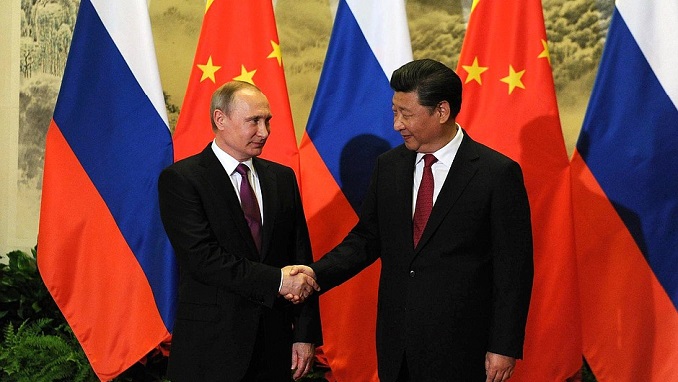Several Chinese business executives present at the ongoing “Russia Calling” investment forum have lobbied for the use of their country’s currency for payment and investment in Russia, Forbes writes.
The executive director of the Silk Road Fund, Yanzhi Wang, was the first to bring up the question of using the renminbi (RMB) as a swipe against the dollar, having in mind the current geopolitical situation in which both China and Russia are at odds with the United States.
“Investors like us have to explore practical solutions where the ability to use the dollar is limited,” Wang said on Wednesday. “We have to use an alternative. With the RMB now in IMF currency basket, the RMB is being used more frequently for cross-border trade, using RMB reduces foreign exchange risk and transaction costs.”
According to the executive, business relations between Russia and China were deepening, but financial connections between the two were lagging. “It would be easier if we could invest directly with RMB,” he said. “The local banks or financial institutions can undertake the renminbi-ruble exchange to make it easier. This is the future business cycle for us, in our view. If that works, then more RMB capital could flow into Russia.”
Later in the day, Russian President Vladimir Putin threw somewhat of a wet blanket on the Chinese aspirations.
“The renminbi has restrictions due to convertibility, and China says it is too early for full market liberalization like the ruble,” Putin told a crowd of more than 2,000 people in Moscow’s Crowne Plaza hotel on Wednesday. “It’s realistic to want to do trade settlements in our own national currencies, but the instances of that have been low. As for raising money in RMB, we are not interested in the currency, we are interested in the investment proposal first.”
Putin was responding to a question from someone from the Russia-China Investment Fund, a private equity fund that captures China’s wealth and brings it to Russia. The Fund recently did a secondary share offering for its shares in Detsky Mir, Russia’s version of Toys ’R’ Us.












